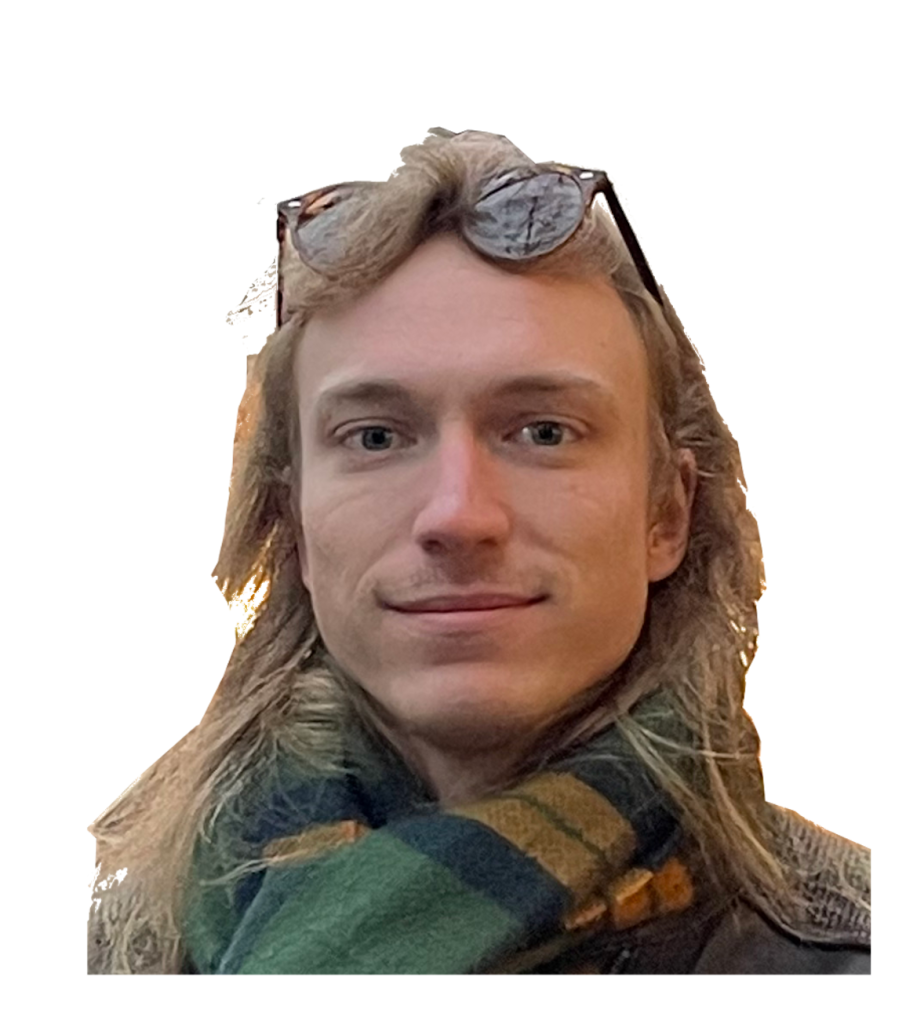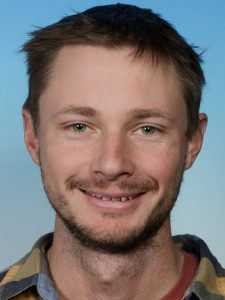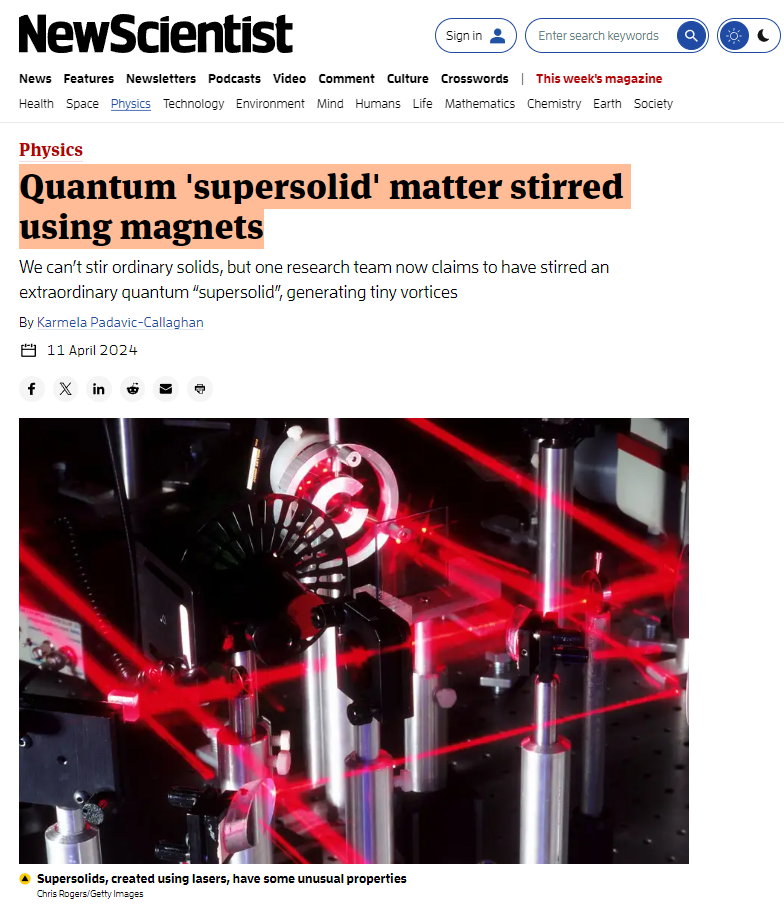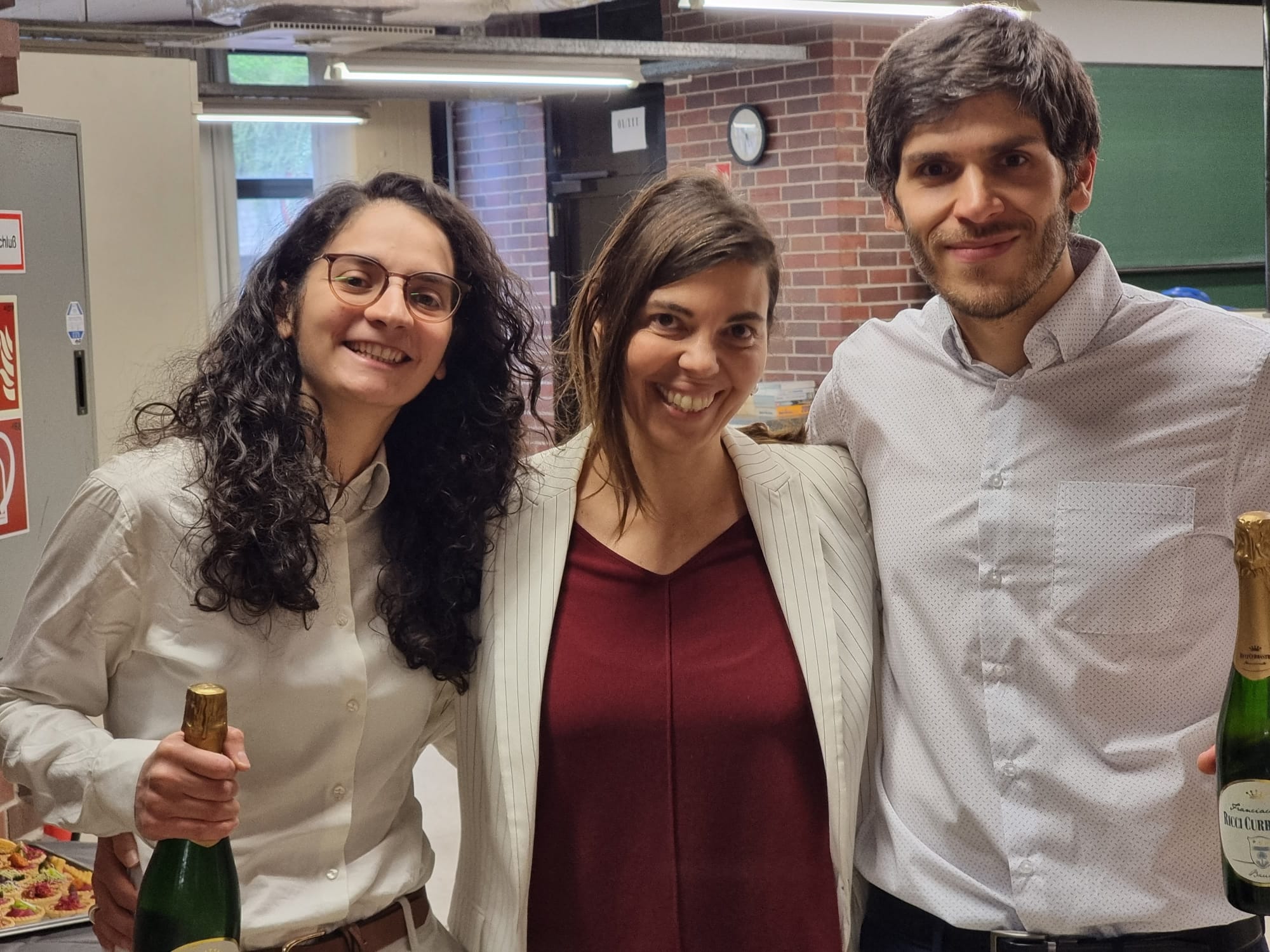
Andrea Litvinov, postdoc in the Er-Dy lab, has won the 2024 USPN Thesis Prize for his thesis “Manipulation of nuclear spins of strontium 87 in degenerate Fermi gases in SU(N) symmetry”. Andrea completed his PhD at the University Sorbonne Paris Nord under the direction of Bruno Laburthe-Tolra and Olivier Gorceix, and co-supervised by Martin Robert de Saint Vincent. Congratulations Andrea!
You can find more information about 2024 USPN Thesis Prizes here: https://erasme.univ-paris13.fr/laureats-des-prix-de-these-uspn-2024/




